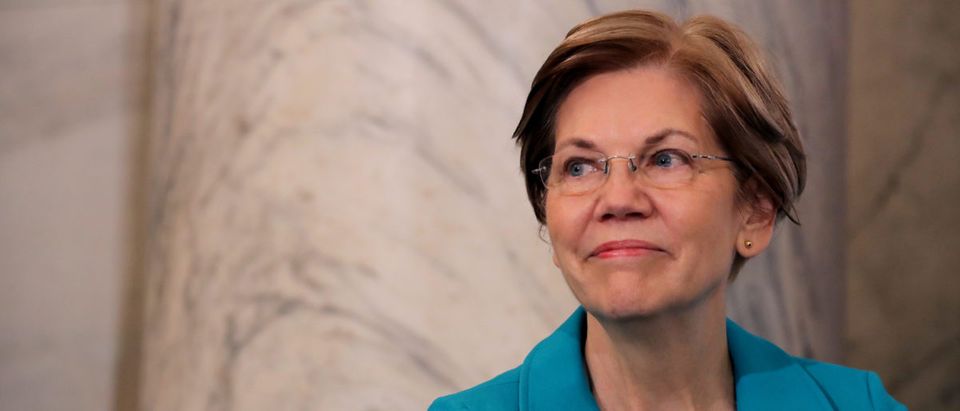Hey, buddy! Can you spare a dime? Take a dime and a magnifying glass. FDR is on one side; on the other there’s the Latin phrase “e pluribus unum” — “from many, one.” Once the unofficial United States motto, this phrase was replaced by today’s official motto, “In God We Trust” (a problem itself for some secularists and separatists).
Does “e pluribus unum” still resonate? The phrase — comprising 13 letters — originally characterized the formation of one United States from the 13 original colonies. Latin may be a dead language, but “from many, one” has special meaning for America. It characterizes this country’s remarkable ability to maintain rich diversity while also assimilating not only 13 colonies, but millions of immigrants over several centuries — people who have come here (sometimes forcibly, in the case of slavery) with their own distinctive languages, customs, religions, and cultures. This diversity has strengthened America.
Not every country can claim this. Japan remains relatively closed to immigration, and France, with Western Europe’s largest Muslim population, struggles to assimilate its Muslim citizens. The Paris suburbs — with high Muslim youth unemployment and occasionally fierce riots — illustrate this failure.
We are hardly perfect with respect to assimilation. At issue is whether our diversity efforts have evolved in ways that too often downplay, or even ignore, the “unum” or “unifying” aspect of “e pluribus unum.” Employment forms inquire about race, ethnicity, gender, veteran and disability status. I understand why these questions are asked and also appreciate the need to recognize veterans, who have sacrificed for the country’s greater good, and the disabled, who often face immense hurdles resulting from serious physical challenges.
Does this movement — clearly well-intended and with many important, positive results — now foster more separation than unity, more efforts to carve out new protected classes in ways that cut against bringing us together as Americans?
Massachusetts Sen. Elizabeth Warren’s claim to Native American heritage illustrates some of these issues. Several years ago, when applying for teaching positions at Harvard and Penn law schools, Warren claimed to be Native American. She got the appointments, but the controversy lingers and could hurt her presidential aspirations. Warren already had strong academic credentials and would have probably received the appointments without claiming Native American ancestry.
When Warren’s Native American claims surfaced years later, she cited Warren-family lore about her great-great-great grandmother being part Cherokee. When pressed, she stated that her “Papaw … had high cheekbones.” Last year, to bolster her claim, Warren took a genotyping DNA test that found five genetic segments suggesting possible Native American origins with high confidence — going back some six to ten generations.
Warren’s experience reminded me of a family member’s (by marriage) experience applying to law school many years ago. (Is there something special about law schools?) The law school application had a box requesting ethnic identity, so this person wrote in “Estonian” since his mother was born in Estonia. Lawyers love classifications and boxes, but the law school’s admissions office was flummoxed by an Estonian-heritage claim, so it classified the applicant as “Native American.” He was admitted. Given his college grades and LSAT score, he, like Warren, probably didn’t need the classification.
My late father was deeply interested in genealogy. Recently, going through his files, I discovered a study he commissioned on the origins of his middle name, “Denmead.” I had always thought “Denmead” was Scottish or Irish but learned from this research that it was French Huguenot — an Anglicization of DuMaud or DeMeade.
As a lifelong Francophile, I was pleased to discover this family heritage, but should it afford me any special privileges today? In late August 1572, during the French Wars of Religion, there was extensive Catholic mob violence against French Calvinist Protestants, the Huguenots. Thousands of Huguenots were slaughtered, while others fled France. The killings became known as the St. Bartholomew’s Day Massacre. As a Huguenot descendant, should I have claims against today’s French government and the Catholic Church? Should I receive any special treatment based on what possibly happened to some ancestors almost 450 years ago? I don’t think so.
Please don’t misconstrue my point. Diversity remains an important value and goal. We should pursue it in the workplace and throughout our society and do so in the context in which it began. Let’s keep the “pluribus” but find more ways to emphasize the importance of “unum.” Diversity in the context of American unity: therein lies our real strength as a nation.
Charles Kolb was deputy assistant to the president for domestic policy in the George H.W. Bush White House from 1990-1992. From 1997-2012, he was president of the nonpartisan, business-led think tank, the Committee for Economic Development.
The views and opinions expressed in this commentary are those of the author and do not reflect the official position of The Daily Caller.


